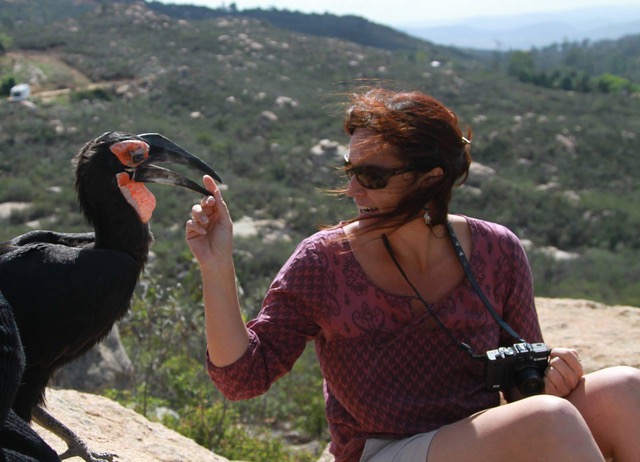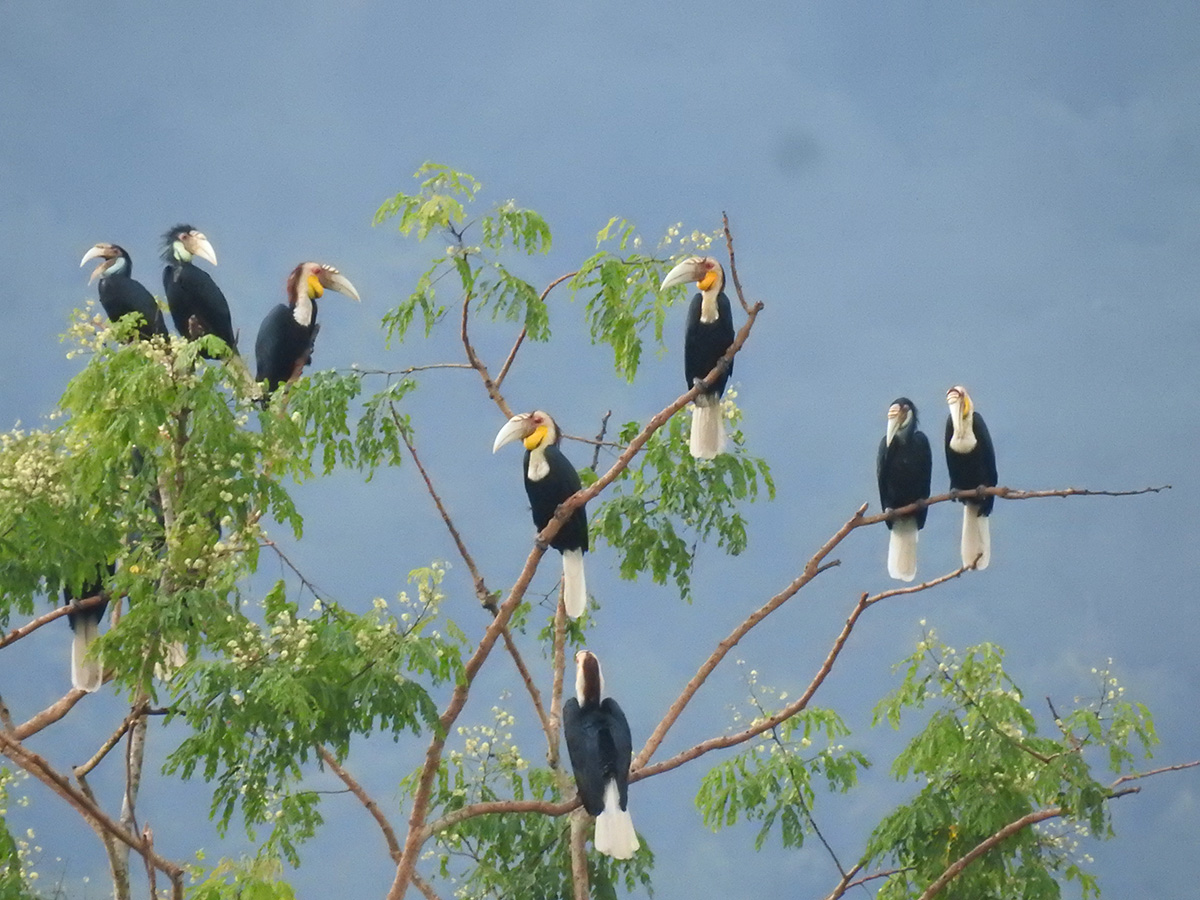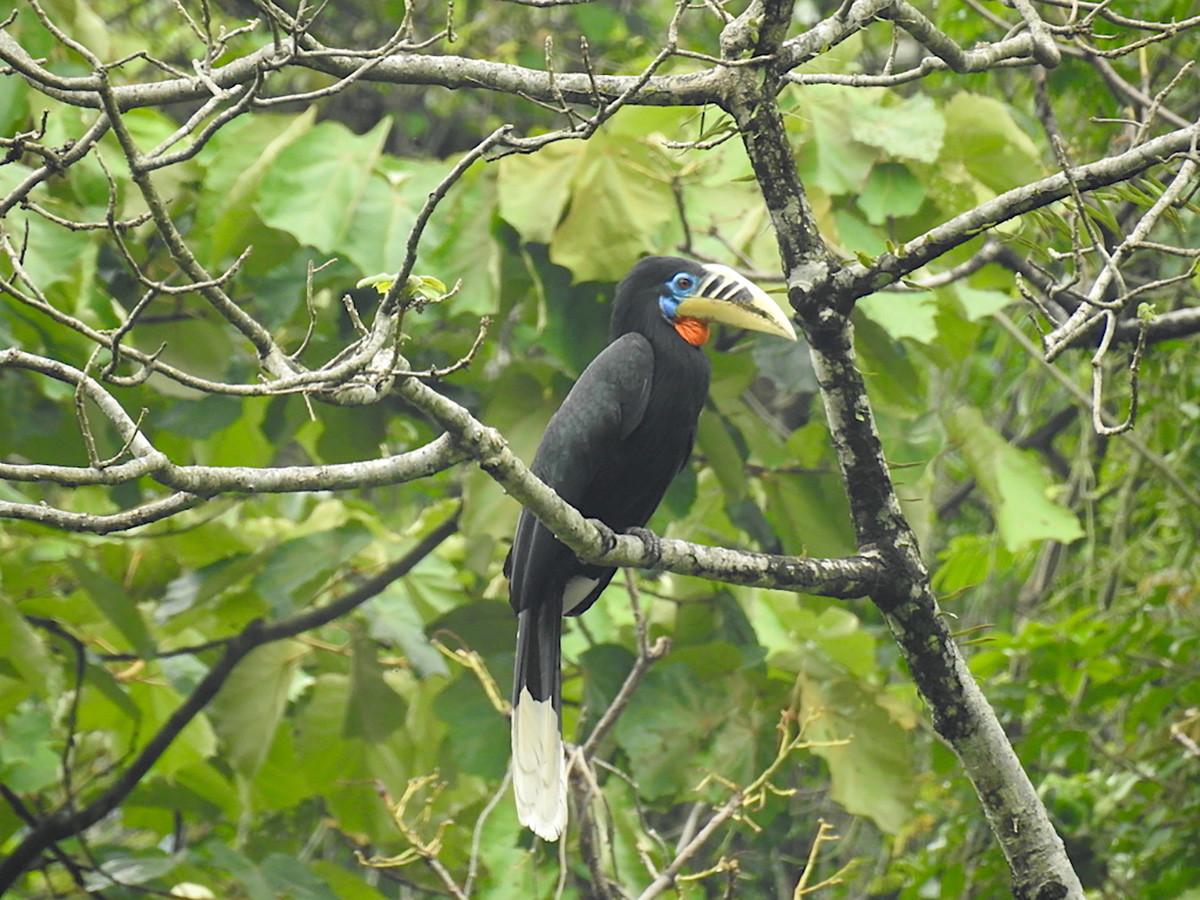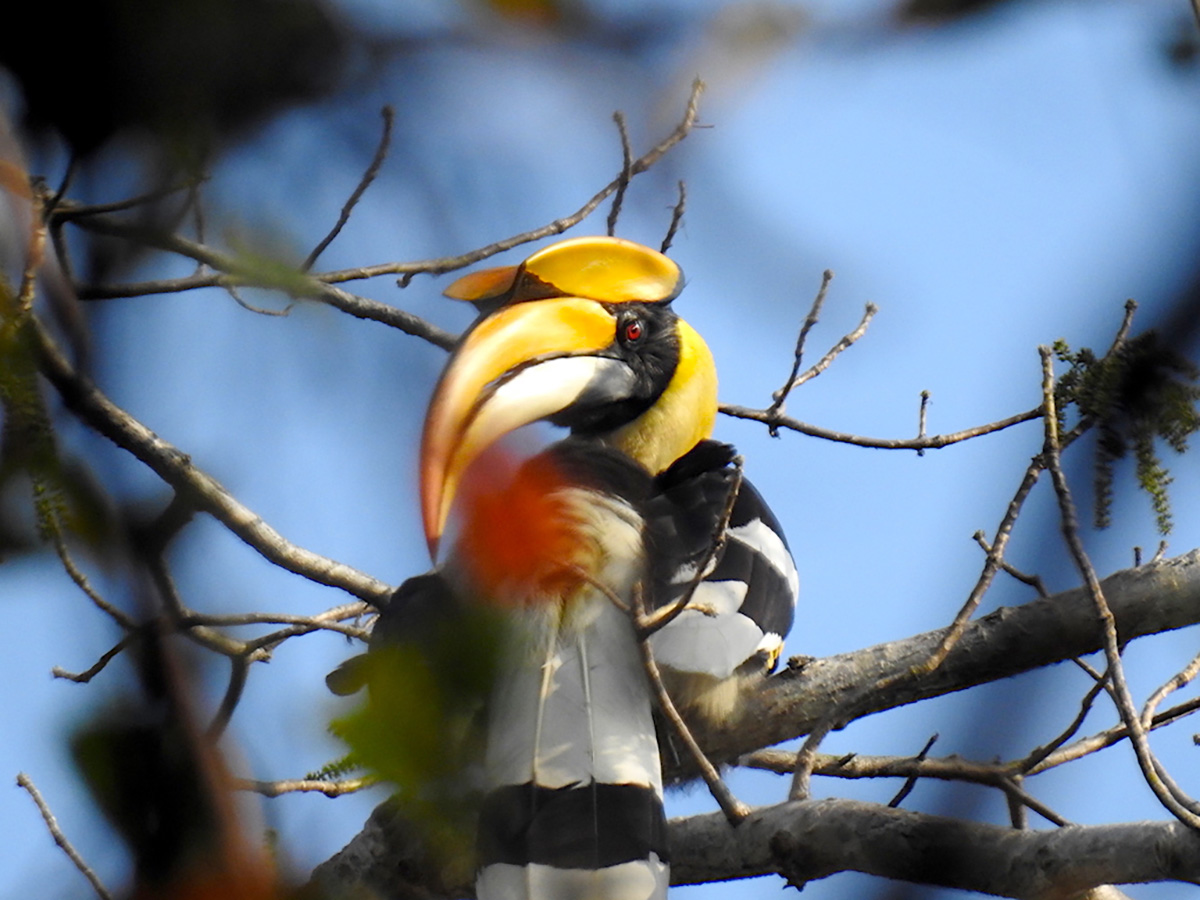IUCN SSC Hornbill Specialist Group
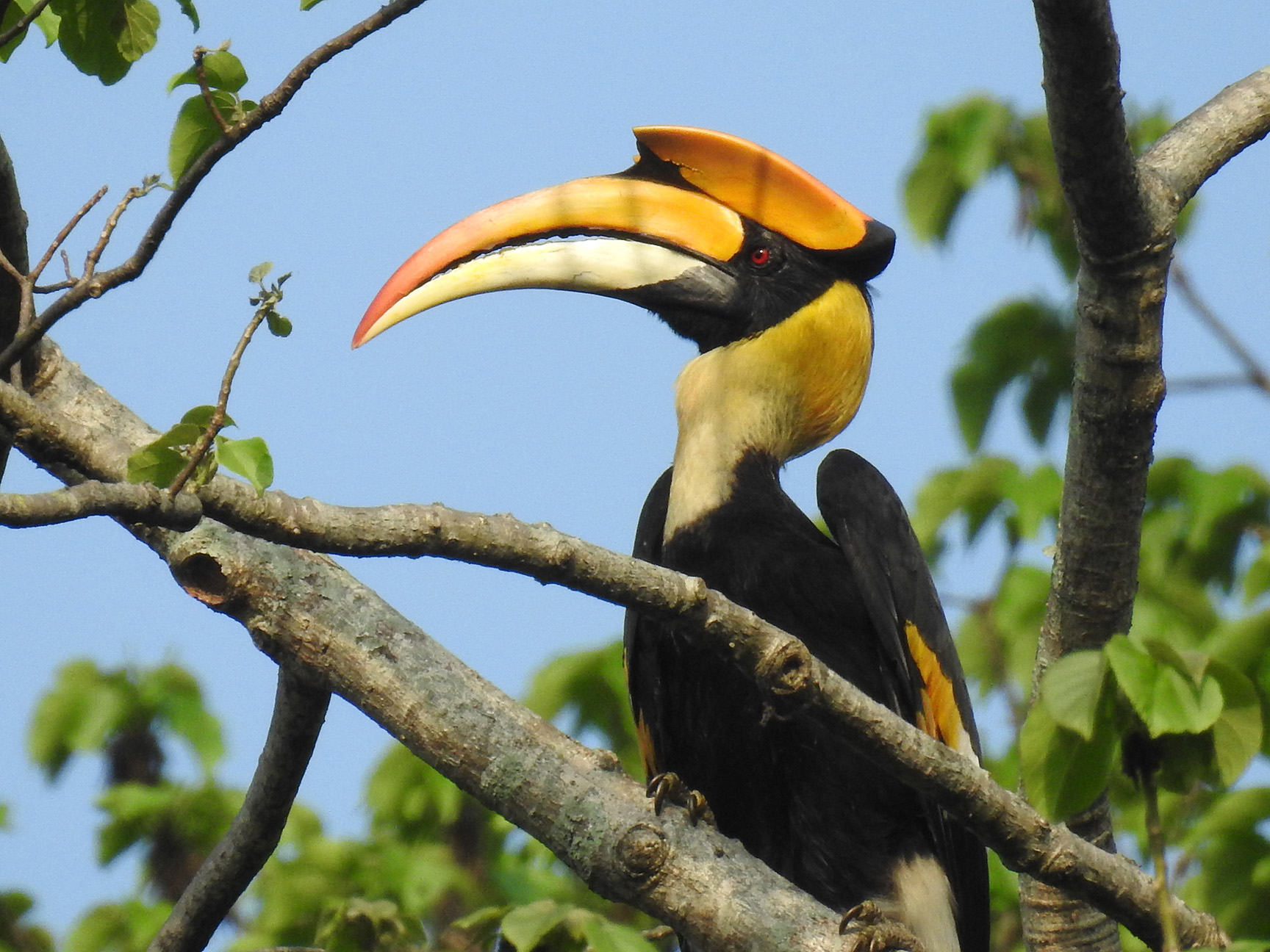
Overview and description
- Description:
-
There are 62 hornbill species in the world—32 in Asia and 30 in Africa. Currently, 26 of them are Globally Threatened or Near Threatened with extinction, with all other species listed as Least Concern ...
Group leadership
Dr Aparajita DATTA
More about the Specialist Group
The formation of the current HSG is a re-establishment of the earlier group that existed in the eighties under the IUCN SSC.
Dr Alan Kemp (Transvaal Museum, RSA), (known as the father of hornbills) had formed an IUCN HSG in the early 1980s with a number of international zoo professionals. There was no internet and communication and information-sharing was difficult. Requests for funding for research/surveys were not successful.
However, with the ...

MISSION
The Hornbill Specialist Group aims to use our combined knowledge and skills for evidence-based conservation action of hornbills and their habitats.
VISION
A world where all hornbill species thrive in viable, wild populations in secure habitat because people cherish them.
Specialist Group work
HSG aims to use our combined knowledge and skills for evidence-based conservation action of hornbills and their habitats.
Understanding threats to Hornbills.
There are currently serious and escalating threats to these hornbills, including habitat destruction and poaching. HSG helps guide processes by taxa lack a global conservation strategy to address these threats.
Hornbills on the IUCN Red List

HSG contributes information and expertise to status assessments for the IUCN Red List of Threatened Species to inform conservation efforts.
HSG Annual Report

Learn about HSG’s work and results in 2022.
Previous reports:
HSG Annual Report 2021
HSG Annual Report 2020
HSG Annual Report 2019
HSG Annual Report 2018
HSG Annual Report 2016-2017

